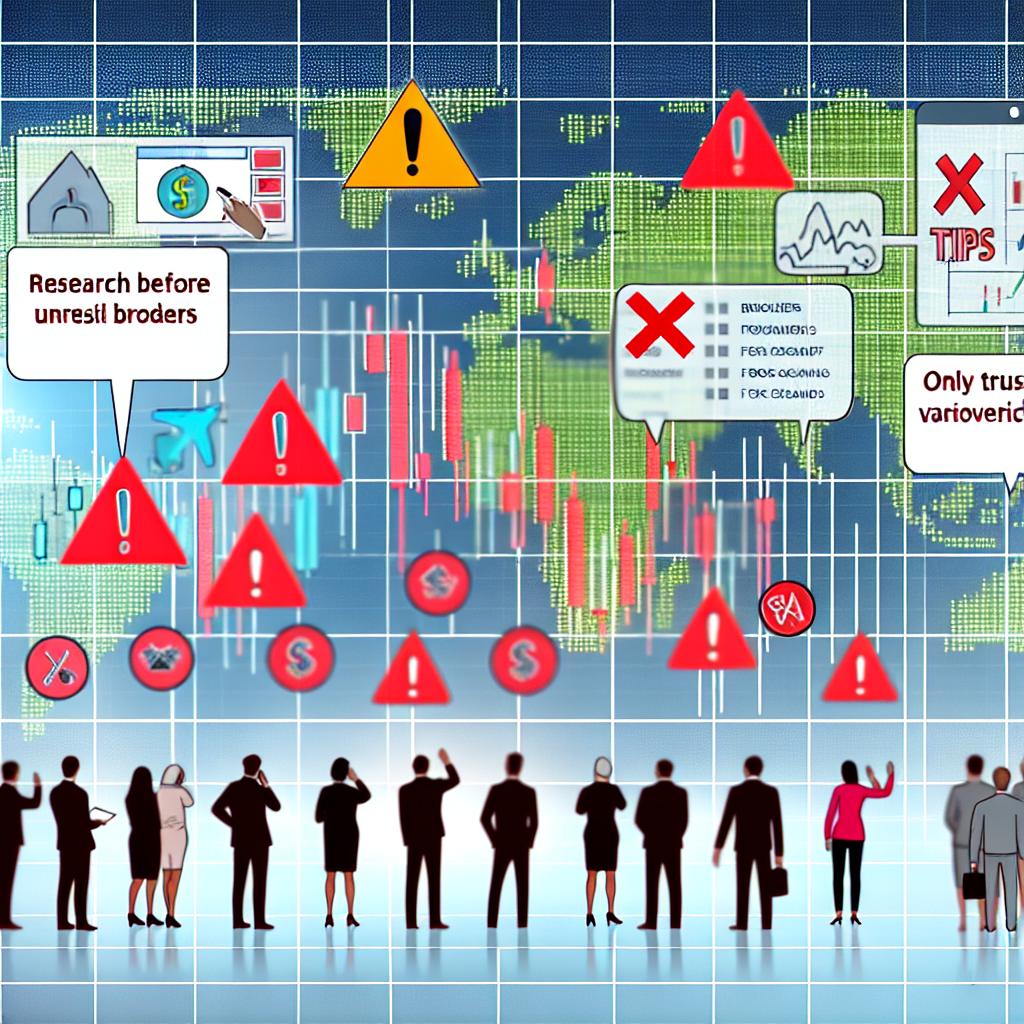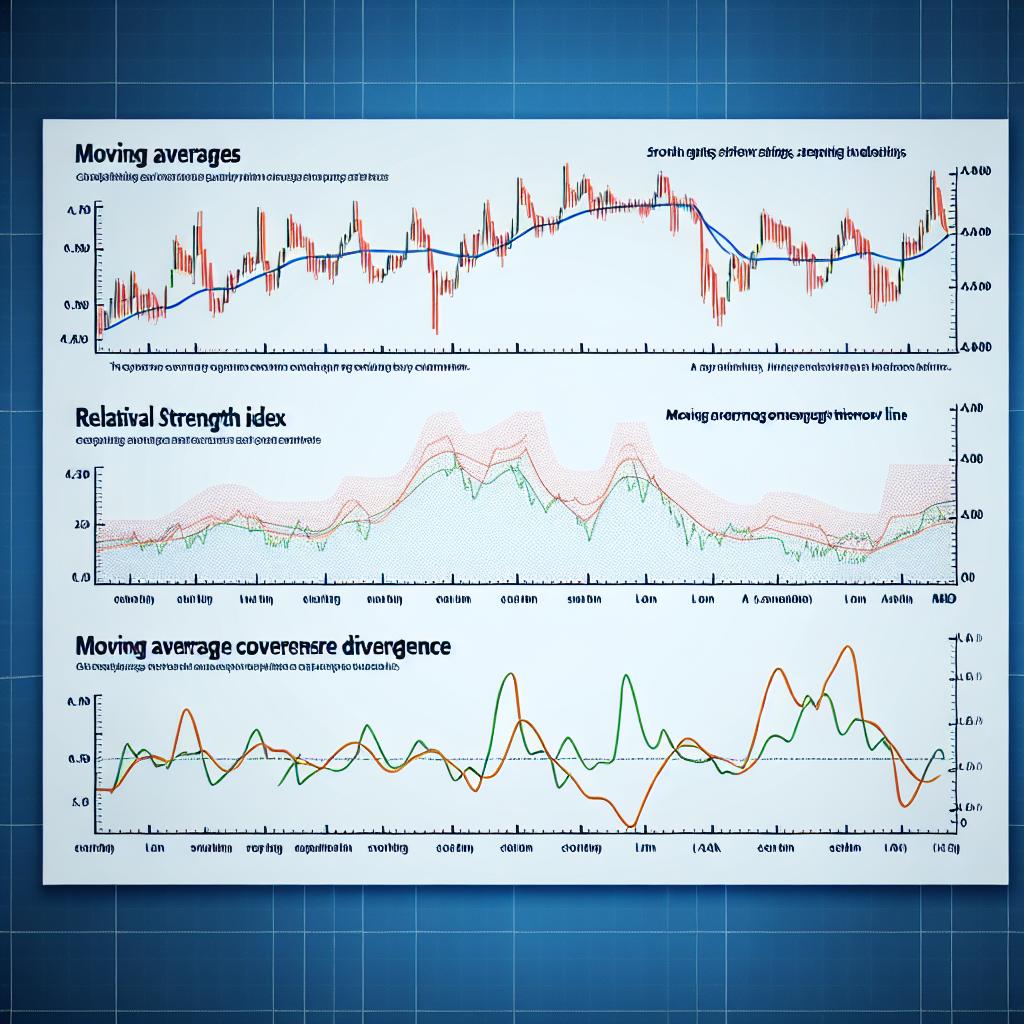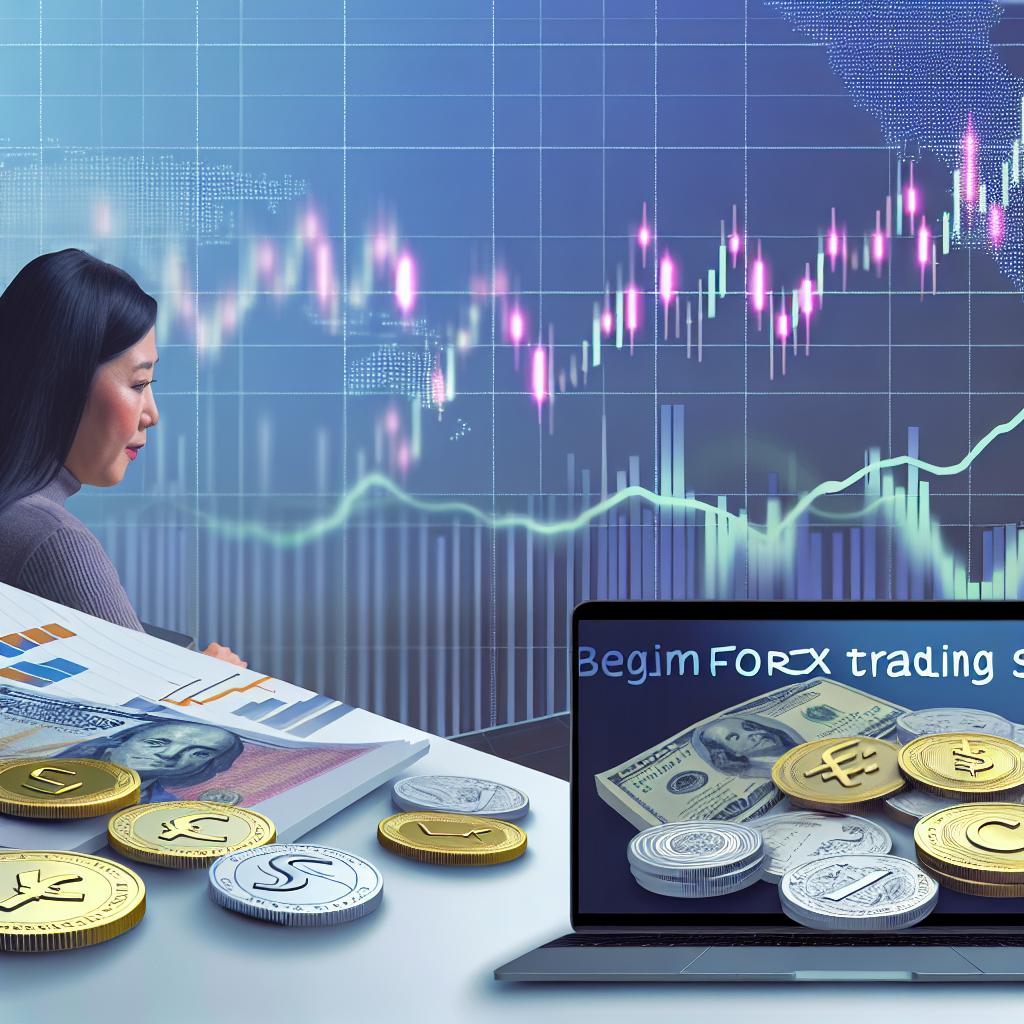Understanding Forex Scams and Unregulated Brokers
Red Flags of Forex Scams
Promises guaranteed returns: Any broker that assures you of high profits with no risks is likely deceitful. The volatility and unpredictability inherent in forex markets mean that no legitimate company can guarantee returns. When you encounter claims of assured returns, it’s a significant indication that the broker may not have your best financial interests as a priority.
Demands upfront payments: Requiring fees before any trading is often a tactic used by scammers. Legitimate brokers operate on fee structures based on transactions or commissions, rather than demanding an initial lump sum. When a broker insists on upfront fees, it should serve as a crucial warning signal of possible fraudulent activity.
Lacks transparency: Trustworthy brokers offer detailed, open information about their services, fee structures, and trading platforms. When a broker withholds this information or provides vague descriptions, exercise caution. Transparency is a hallmark of reputable operations, and its absence often indicates underlying issues.
Applies high-pressure sales tactics: Brokers who urge you to invest quickly, without giving you adequate time to conduct due diligence or consult independent financial advice, are often operating on precarious ground. Legitimate investments should allow for careful consideration and informed decision-making.
Verifying a Broker’s Regulatory Status
Check regulatory bodies: Legitimate brokers register with recognized regulatory agencies such as the National Futures Association (NFA) in the United States, or the Financial Conduct Authority (FCA) in the United Kingdom. These organizations maintain strict standards and regularly monitor their registered members, providing an extra layer of security for traders.
Verify licensing: Visit the regulatory body’s official website to verify that the broker holds a valid, current license. This step ensures that the broker is authorized to engage in forex trading activities and adheres to industry standards and regulations.
Look for complaints: Utilize online resources, such as financial forums and regulatory websites, to see if there are any official complaints or warnings regarding the broker. While all companies may face the occasional disgruntled client, a pattern of unresolved complaints or regulatory warnings is a significant red flag.
Choosing a Reliable Broker
Experience and reputation: Opt for brokers with an established history in the forex market and favorable reviews from clients. A strong reputation for integrity and reliability often correlates with quality service.
Proper communication: Legitimate brokers maintain responsive customer service and offer clear, timely communication. They should be readily available to address your queries and provide necessary support, underscoring their commitment to the client’s success.
Educational resources: Many reputable brokers provide extensive educational materials designed to help you become an informed trader. Whether through webinars, tutorials, or e-books, these resources are invaluable for understanding market dynamics and developing effective trading strategies.








